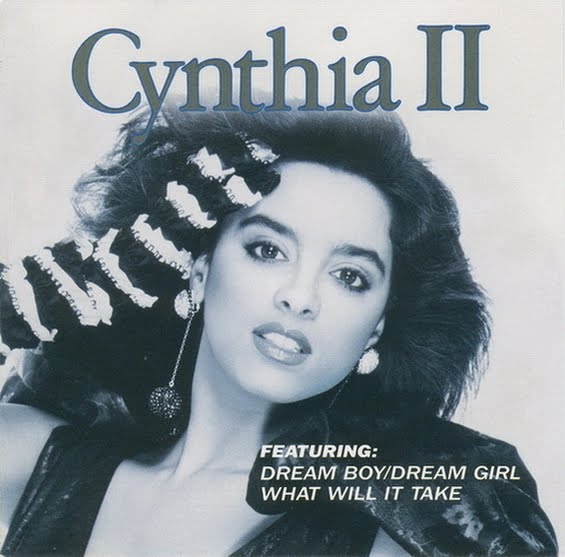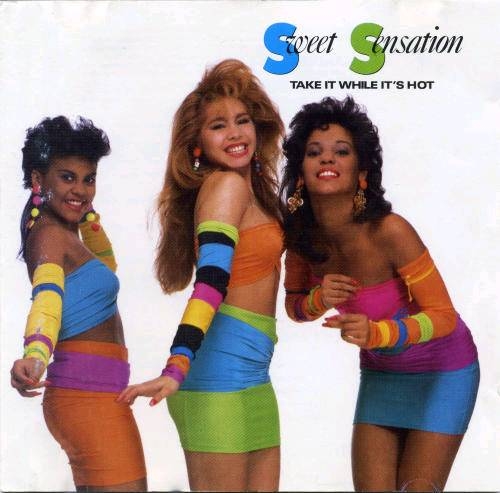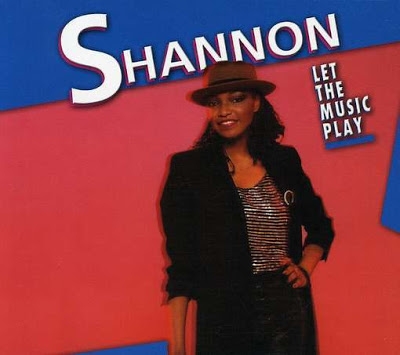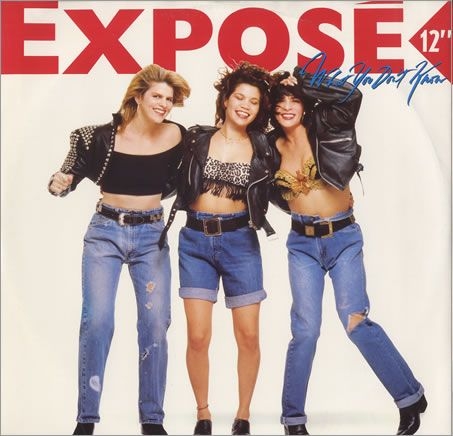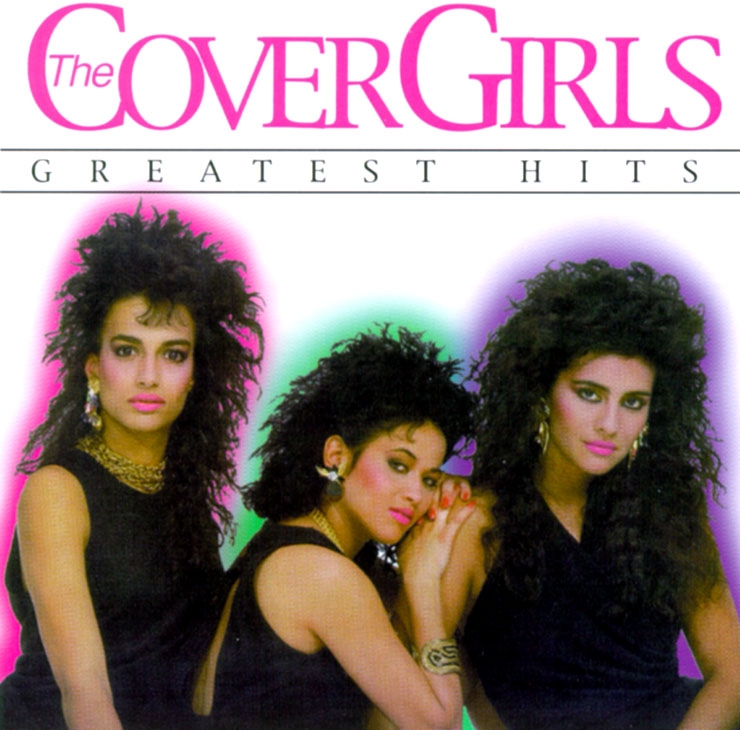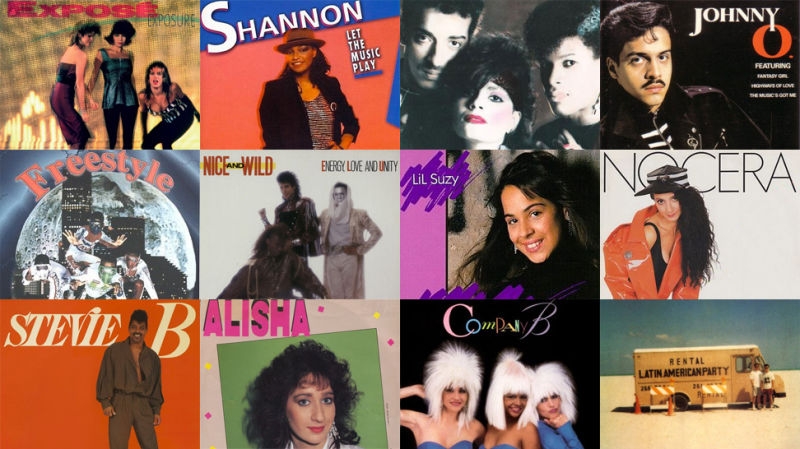Details:
Freestyle is a form of electronic dance music that emerged in the United States in the 1980s. It experienced its greatest popularity from the late 1980s until the early 1990s. It continues to be produced today and enjoys some degree of popularity, especially in urban settings. A common theme of freestyle lyricism is heartbreak in the city.Notable performers in the freestyle genre include Stevie B, Corina, Timmy T, George Lamond, TKA, Noel, Company B, Exposé, The Cover Girls, Lisa Lisa and Cult Jam, Laissez Faire, Information Society, LSOB(Lighter Shade of Brown), Pretty Poison, Sa-Fire, Trilogy, Cynthia, Trinere, Shannon, Johnny O, Coro, Lisette Melendez, Judy Torres, Rockell, and many others. The music was largely made popular on radio stations such as Power 96 in Miami, and WKTU in New York City.
Freestyle music developed primarily in the impoverished Latin communities of Upper Manhattan and The Bronx in the early 1980s, later spreading throughout New York's five boroughs and into New Jersey. It initially was a fusion of synthetic instrumentation and syncopated percussion of 1980s electro, as favored by fans of breakdancing. Sampling, as found in synth-pop music and hip hop, was incorporated. Key influences include Afrika Bambaataa & Soul Sonic Force's "Planet Rock" (1982) and Shannon's "Let the Music Play", the latter of which was a Top 10 Billboard Hot 100 hit as early as 1984. By 1987, freestyle began getting more airplay on US pop radio stations. Songs such as "Come Go with Me" by Exposé, "Show Me" by the Cover Girls, Company B's "Fascinated", "Silent Morning" by Noel and "Catch Me (I'm Falling)" by Pretty Poison brought freestyle into the mainstream. House music, based partly on disco rhythms, was by 1992 challenging the relatively upbeat, syncopated freestyle sound. Pitchfork consider the Miami Mix of ABC's single "When Smokey Sings" to be proto-freestyle.
Freestyle's Top 40 Radio airplay started to really take off by 1987, and it began to disappear from the airwaves in the early 1990s as radio stations moved to Top 40-only formats. Artists such as George Lamond, Exposé, Sweet Sensation and Stevie B were still heard on mainstream radio, but other notable freestyle artists did not fare as well. Carlos Berrios and Platinum producer Frankie Cutlass appeared to have saved the style's demise by creating a new sound that was used on "Temptation" by Corina and "Together Forever" by Lisette Melendez. The songs were released in 1991, almost simultaneously, and caused a resurgence in the style when they were embraced by Top 40 radio. "Temptation" reached the number 6 spot on the Billboard Hot 100 Chart. These hits were followed by the success of Lisa Lisa and Cult Jam, who had been one of the earliest freestyle acts. Their records were produced by Full Force, who had also worked with UTFO and James Brown. Lisa Lisa and Cult Jam had a style that was less electro and more pop, and paved the way for artists such as Corina, Stevie B, George Lamond, Sweet Sensation and the Cover Girls to cross over into the pop market.[[i]citation needed] Cross-over influences became increasingly evident when the Latin Rascals produced a remix of Duran Duran's "Notorious".
Several primarily freestyle artists released ballads during the 1980s and early 1990s that crossed over to the pop charts and charted higher than their previous work. These include "Seasons Change" by Exposé, "Thinking of You" by Sa-Fire, "One More Try" by Timmy T, "Because I Love You (The Postman Song)" by Stevie B, and "If Wishes Came True" by Sweet Sensation. Brenda K. Starr reached the Hot 100 with her ballad "I Still Believe". Freestyle shortly thereafter gave way to mainstream pop artists such as MC Hammer, Paula Abdul, Bobby Brown, New Kids on the Block, and Milli Vanilli ;(with some artists utilizing elements of freestyle beginning in the 1980s) using hip hop beats and electro samples in a mainstream form with slicker production and MTV-friendly videos. Madonna experimented with freestyle and had great success with her single Vogue. These artists were successful on crossover stations as well as R&B stations, and freestyle was replaced as an underground genre by newer styles such as new jack swing, trance and Eurodance.Freestyle remained a largely underground genre with a sizable following in New York, but has recently seen a comeback in the cities where the music originally experienced its greatest success. New York City impresario Steve Sylvester and producer Sal Abbetiello of Fever Records launched Stevie Sly's Freestyle Party show at the Manhattan live music venue, Coda on April 1, 2004. The show featured Judy Torres, Cynthia and the Cover Girls and was attended by several celebrity guests. The Coda show was successful, and was followed by a summer 2006 Madison Square Garden concert that showcased freestyle's most successful performers. New freestyle releases are popular with enthusiasts and newcomers alike. Miami rapper Pitbull collaborated with Miami freestyle artist Stevie B to create an updated version of Stevie B's hit, "Spring Love".Jordin Sparks' 2009 single "S.O.S. (Let the Music Play)" nods heavily to the freestyle genre with its use of a sample from the song "Let the Music Play" by Shannon.In the modern day, freestyle music continues a thriving fanbase all across the country. In cities like New York, recent concerts by freestyle artists have been extremely successful, with many events selling out.
Freestyle music developed primarily in the impoverished Latin communities of Upper Manhattan and The Bronx in the early 1980s, later spreading throughout New York's five boroughs and into New Jersey. It initially was a fusion of synthetic instrumentation and syncopated percussion of 1980s electro, as favored by fans of breakdancing. Sampling, as found in synth-pop music and hip hop, was incorporated. Key influences include Afrika Bambaataa & Soul Sonic Force's "Planet Rock" (1982) and Shannon's "Let the Music Play", the latter of which was a Top 10 Billboard Hot 100 hit as early as 1984. By 1987, freestyle began getting more airplay on US pop radio stations. Songs such as "Come Go with Me" by Exposé, "Show Me" by the Cover Girls, Company B's "Fascinated", "Silent Morning" by Noel and "Catch Me (I'm Falling)" by Pretty Poison brought freestyle into the mainstream. House music, based partly on disco rhythms, was by 1992 challenging the relatively upbeat, syncopated freestyle sound. Pitchfork consider the Miami Mix of ABC's single "When Smokey Sings" to be proto-freestyle.
Freestyle's Top 40 Radio airplay started to really take off by 1987, and it began to disappear from the airwaves in the early 1990s as radio stations moved to Top 40-only formats. Artists such as George Lamond, Exposé, Sweet Sensation and Stevie B were still heard on mainstream radio, but other notable freestyle artists did not fare as well. Carlos Berrios and Platinum producer Frankie Cutlass appeared to have saved the style's demise by creating a new sound that was used on "Temptation" by Corina and "Together Forever" by Lisette Melendez. The songs were released in 1991, almost simultaneously, and caused a resurgence in the style when they were embraced by Top 40 radio. "Temptation" reached the number 6 spot on the Billboard Hot 100 Chart. These hits were followed by the success of Lisa Lisa and Cult Jam, who had been one of the earliest freestyle acts. Their records were produced by Full Force, who had also worked with UTFO and James Brown. Lisa Lisa and Cult Jam had a style that was less electro and more pop, and paved the way for artists such as Corina, Stevie B, George Lamond, Sweet Sensation and the Cover Girls to cross over into the pop market.[[i]citation needed] Cross-over influences became increasingly evident when the Latin Rascals produced a remix of Duran Duran's "Notorious".
Several primarily freestyle artists released ballads during the 1980s and early 1990s that crossed over to the pop charts and charted higher than their previous work. These include "Seasons Change" by Exposé, "Thinking of You" by Sa-Fire, "One More Try" by Timmy T, "Because I Love You (The Postman Song)" by Stevie B, and "If Wishes Came True" by Sweet Sensation. Brenda K. Starr reached the Hot 100 with her ballad "I Still Believe". Freestyle shortly thereafter gave way to mainstream pop artists such as MC Hammer, Paula Abdul, Bobby Brown, New Kids on the Block, and Milli Vanilli ;(with some artists utilizing elements of freestyle beginning in the 1980s) using hip hop beats and electro samples in a mainstream form with slicker production and MTV-friendly videos. Madonna experimented with freestyle and had great success with her single Vogue. These artists were successful on crossover stations as well as R&B stations, and freestyle was replaced as an underground genre by newer styles such as new jack swing, trance and Eurodance.Freestyle remained a largely underground genre with a sizable following in New York, but has recently seen a comeback in the cities where the music originally experienced its greatest success. New York City impresario Steve Sylvester and producer Sal Abbetiello of Fever Records launched Stevie Sly's Freestyle Party show at the Manhattan live music venue, Coda on April 1, 2004. The show featured Judy Torres, Cynthia and the Cover Girls and was attended by several celebrity guests. The Coda show was successful, and was followed by a summer 2006 Madison Square Garden concert that showcased freestyle's most successful performers. New freestyle releases are popular with enthusiasts and newcomers alike. Miami rapper Pitbull collaborated with Miami freestyle artist Stevie B to create an updated version of Stevie B's hit, "Spring Love".Jordin Sparks' 2009 single "S.O.S. (Let the Music Play)" nods heavily to the freestyle genre with its use of a sample from the song "Let the Music Play" by Shannon.In the modern day, freestyle music continues a thriving fanbase all across the country. In cities like New York, recent concerts by freestyle artists have been extremely successful, with many events selling out.

